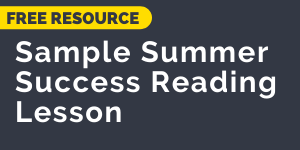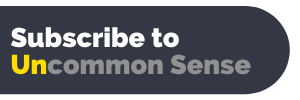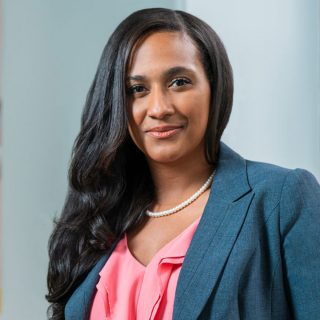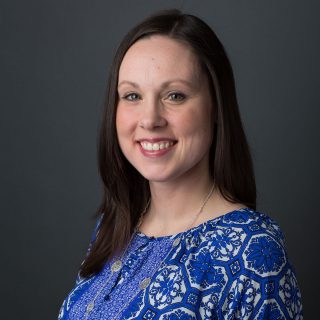This year kids and teachers across the country have faced unprecedented challenges, both in and out of school. Despite schools’, teachers’, and parents’ heroic efforts, we know many students have lost instructional time and have fallen behind where they traditionally should be academically. Education leaders across the country are determined to find ways to make this summer count so that kids can start to make up for what they missed and don’t lose additional ground before returning to in-person learning in the fall. That’s why, here at Uncommon, we’re doing what we do best—meeting our students where they are by analyzing the data and getting laser-focused on a summer school plan that will provide the most impactful and academically rich catch-up time for our students.
What Does the Data Tell Us?
This year, Uncommon Schools made the decision to shift our reading assessment from the STEP assessment to the online mCLASS assessment for our K-4 students. This allowed us to leverage the asynchronous assessment feature for the majority of our students, thereby preserving synchronous instructional minutes for new content and discourse.
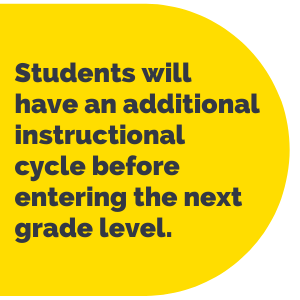
After reviewing the data, the stark reality is that between 25% and 42% of students at each grade level are Well Below Benchmark (WBB) meaning they are unlikely to achieve subsequent reading goals without receiving additional, targeted instructional support. For example, traditionally by this point in the year, most of our kindergarten students have mastered foundational concepts about print and patterned texts. However, this year, we’ve seen an uptick in students struggling to read basic CVC (consonant-vowel-consonant) words and comprehend simple story lines. Given the need for strong foundational literacy skills across all content areas, we know we must act quickly to ensure we support our students in their pursuit of reading proficiency.
How Will We Respond?
Uncommon will be launching crucial system-wide strategies to support student achievement for all students during the 2021-2022 school year. However, our students most in need of growth require a head start so they can build the confidence and skills needed to enter the upcoming school year with momentum.
To build that momentum and remain focused in response to our reading data, we have created the Uncommon Schools Summer Success Program, a five-week reading remediation program with the goal of moving every student at least one reading level over the course of the program. This ambitious yet realistic goal is built on the premise that our typical 6-week reading instructional and assessment cycle can be condensed into a 5-week window with extended literacy blocks. Student participants will now have an additional instructional cycle before entering into the next grade level allowing them to make up much needed ground and to build belief in themselves as readers.
What Will the Uncommon Schools Summer Success Program Look Like?
The Summer Success Program will target current students in Kindergarten to 5th grade from June 21st to July 23rd. Students most in need of growth will be recommended for the program initially, with the opportunity for any student to attend based on remaining availability. Participants will benefit from four in-person instructional hours a day taught by experienced Uncommon teachers, including three 60-minute literacy blocks and one 60-minute enrichment block.
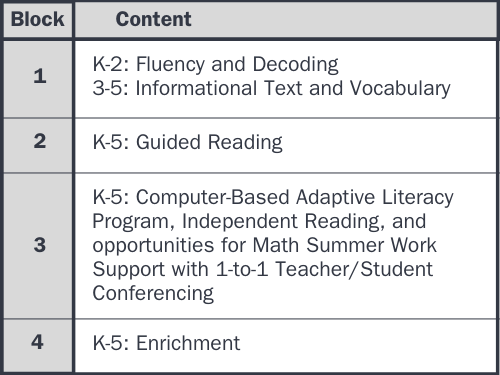
To maximize student learning, all students will be placed in homogeneous small groups of approximately 8-10 students based on their end of year mCLASS reading level. This model will also ensure that both general education and special education students are placed in the most supportive environment for their reading development.
If you’re interested in learning more about the instructional content of our Summer Success Program, here’s a quick preview of a Guided Reading lesson that will be used.
With only two and a half months before the launch of the Uncommon Schools Summer Success Program, our schools are hard at work tailoring the program to meet their specific needs, and reaching out to families to invite them to join the program. We are excited to offer our students this opportunity and even more excited to see them reach their reading goals as they prepare for the next grade level.
Click below for PDFs of all the resources referenced above:
Related Posts:
